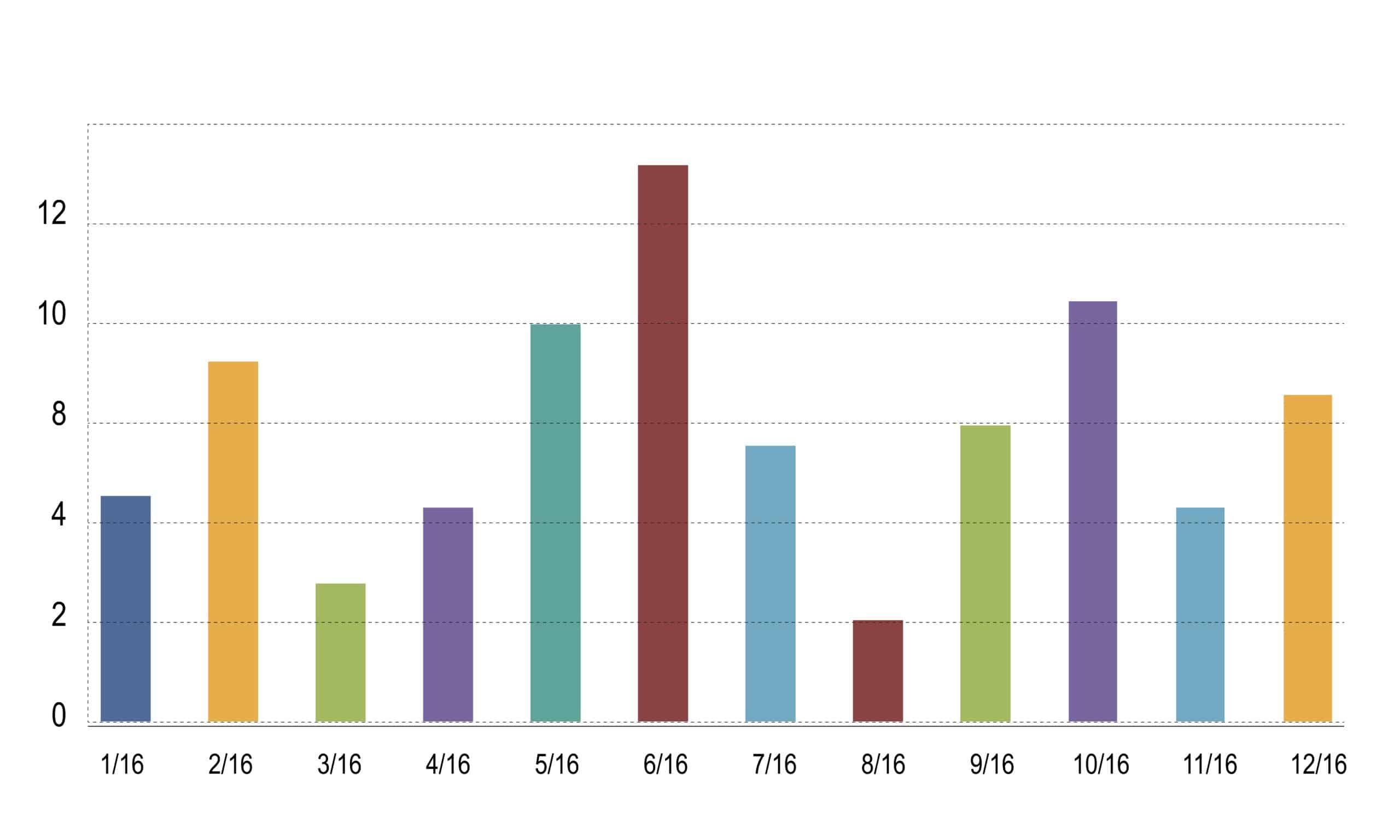Customer satisfaction is always vital for business success, and organizations need to track essential metrics to operate their assets effectively. So it is crucial to find out the most useful metrics and KPIs for MSPs to track.
Evaluating the Managed service provider is a worthwhile solution to combine your business condition with the outsourced services. The KPIs for a company or project are vital when you want to meet the pre-set business goals.
Relying on a functional KPI is essential, and for this, MSPs focus on surveying the KPIs and establishing advantageous goals. In general, KPI metric calculation is essential in helping an organization. It enables you to improve the overall business solution, improve customer engagement, and motivate employee performance. So here we will discuss some key metrics and KPIs for MSPs to track.
7 Essential Support Metrics and KPIs for MSPs to Track
If you want to evaluate a managed service provider, there are several ways. However, the best way to assess an MSP is by evaluating the metrics and KPIs or key performance indicators.
You can obtain the MSP metrics or KPIs from the platform where the provider stores data for monitoring purposes. In all cases, an MSP should be able to create metrics that define the effectiveness of its services.
The below list outlines some of the most crucial metrics and KPIs for MSPs to track:
1. Customer Satisfaction Score (CSAT)
This metric is one of the strongest indicators to define the quality of the service provided by an MSP. Again, (NPS) or Net Promoter Score is the most dominant metric that specifies the grade of CSAT score.
NSP involves sending a question to the customers seeking their feedback about the services. In most cases, customers receive one question. But some MSPs go beyond the simple approach and send a questionnaire or survey.
This kind of detailed message is appropriate for getting a more in-depth knowledge of the customer experience. Most MSPs register an aggregate CSAT or NPS score that speaks to the views of all of their customers. However, you can ask them to show scores of specific cases that suit certain criteria.
2. Service Renewal Rate
A good renewal rate implies that customers are receiving the desired services and that are satisfied with the MSP. It is possibly the most indicative MSP performance metric. If customers decide not to renew with a particular MSP, it means that MSP has failed to meet customers’ expectations.
It is crucial to know the reason behind the low renewal rate, and that shouldn’t be an issue beyond MSP’s control. For instance, a customer may introduce new business conditions where there is no provision for outsourcing. So, these kinds of cases are not suitable for setting the performance score of the MSP.
3. Return on Investment (ROI)
Businesses must estimate a specific return on investment (ROI) for all of their expenses. So while outsourcing an MSP, companies must focus on decreasing the costs of running in-house teams. Besides, you can opt for revenue-generating channels like a catalog call center.
An efficient MSP includes all the possible channels that help customers with a positive ROI. You can check a case study, white paper, or ROI calculator related to the previous accomplishments of the MSP. It will ensure the provider is willing and capable of assisting you in revenue generation.
4. Improvement in Business Process
Companies usually opt for MSPs to add an external support system to their business operation. It enables them to improve functionality with flexible expertise while bypassing the liabilities of running their own team.
Such a support system delivers desired progress in critical business services. For instance, customer support centers or IT help desks for MSP manage significant functional problems.
So, customers and MSPs need to put mutual effort into developing service improvement metrics. They can utilize it to measure the success of a managed services agreement.
5. First Contact Resolution Rate (FCRR)
When you measure customer satisfaction, FCCR is a vital component. This estimation helps the support team with crucial customer data to enhance service responsiveness. A global analysis by Microsoft revealed that customers mark a company’s customer service as worthwhile if they settle their issue in the first contact interaction.
Hence, calculate the FCCR to enhance your customer service quality. This metric is vital for MSPs providing advanced employee training to improve the knowledge base of their support division. I will enable the IT service technicians to provide ticket resolutions in one interaction.
6. First Level Resolution Rate (FLRR)
First Level Resolution refers to calculating the ability of the MSP to resolve their customer tickets at the first Level. It prevents escalation of the tickets to higher levels like Desktop Support, internal IT staff, etc.
Many often confuse the FLRR metric with FCCR for the similarity of the two metrics. But what makes FLRR different is this metric measures the cost of the entire support process. FLRR is a key Managed services KPI to track because it focuses on all the support levels entirely.
7. Automation Utilization
Automation in a company improves the service that the Technical support delivers such as the IT help desk for MSP. Generally, the average cost of ticket resolutions includes those who manage the troubleshooting solutions jobs.
MSPs need to keep a balance between automation utilization value and total turnover quantity. This is the reason Automation is one of the most crucial metrics for MSPs to track.
Conclusion:
Managed IT help desk providers must analyze their service quality to understand if the solutions they deliver are effective. It is crucial, not only for the MSPs but also for their customers.
Based on the data collected, the MSPs can assess what they need to do to improve business profitability and service quality. Therefore, MSPs focus on their work around the systems, professionals, and processes. So it is crucial for them to know the key metrics and KPIs for MSPs to track.
Frequently Asked Questions
What are the Key Performance metrics for MSPs
The key performance metrics for MSPs are Customer satisfaction score, service renewal rate, ROI, ticket resolution rate, etc.
Why is it important to track MSPs?
Customer satisfaction is always vital for business success. So organizations need to track MSPs that are accountable for customer services.







